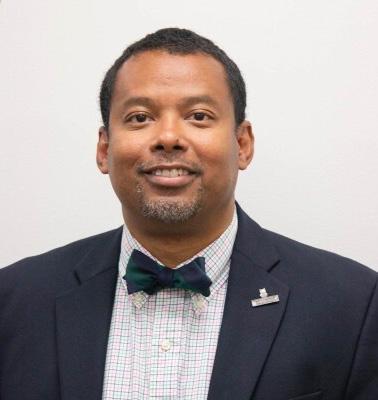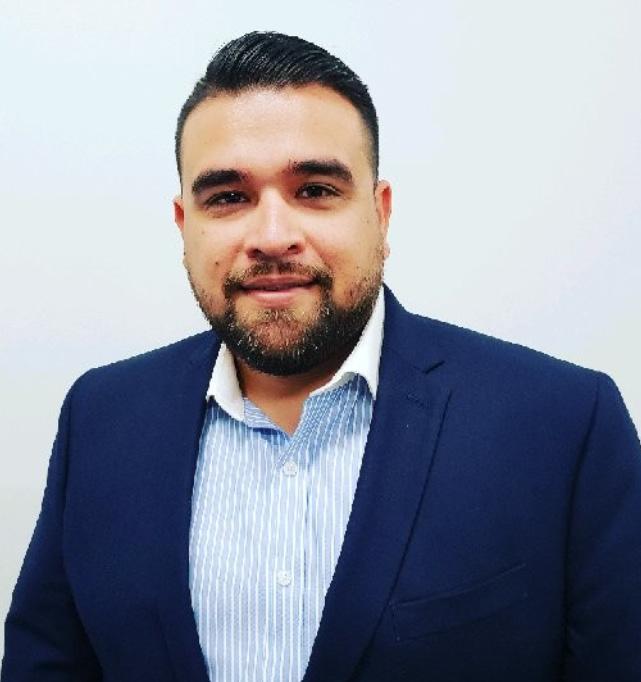
6 minute read
Making the Connection
Harris County Library, School and County Officials Partner to Provide Free Broadband
By Michele Chan Santos
Texas Library Journal Fall 2021
Thousands of households in Harris County, Texas now have free broadband, thanks to an innovative partnership between the Harris County Public Library (HCPL) and Harris County IT services to provide internet connectivity to traditionally underserved areas.
HCPL Connect is helping bridge the digital divide in the county at a time when the need for digital access has become more crucial than ever. HCPL Connect, first established in the summer of 2020, is a free service that provides internet access to students in Harris County who are within range of the program’s service towers.
According to data sourced by Broadband USA, 13.6 percent of households in Harris County are without Internet access, and 8.4 percent are without a computer, smartphone, or tablet. The latest U.S. Census data estimates that 4,713,325 people live in Harris County, which translates into roughly 640,000 people without Internet access and 396,000 without connected devices.
“The digital divide has existed for decades now. The library is the place where we can equalize the playing field with broadband. We saw the opportunity to be able to expand our reach,” said Edward Melton, HCPL Director.
“We were able to establish proof of concept providing broadband to community centers. There were some funding opportunities available through the CARES Act (federal funds made available during the COVID-19 pandemic). I was able to contact a consultant and help the library contact the county IT department in order to offer broadband. It really makes sense for libraries to be involved in this project. The partnership allows us to expand this concept and offer broadband to the entire county,” Melton said.
Jim McMillan, Harris County Assistant Chief Technology Officer said, “We have a lot of team members on our staff that are very familiar with LTE and how to get it in the air pretty quickly. We were already talking about the possibilities there. This is a very rewarding project; it’s been fun for me to take our technology and partner with the library, it has been fantastic.”
Broadband for HCPL Connect is provided through an inventive combination of private LTE/5G, “MiFi” hotspots, a “mesh” WiFi network of parks, libraries and community centers, and mobile/bus hotspots.
“MiFi” stands for mobile WiFi, and in this case specifically means small, portable routers. More than 16,000 MiFi devices have been distributed so far. These were T-Mobile devices shared with K-12 students so students and their families can connect to the Internet for homework and other uses.
HCPL Connect is also distributing private LTE devices. They have distributed 95 of those devices and plan to distribute 900 more by the end of 2021. Motorola provides tech support for the MiFi devices via a 24/7 phone number.
HOW IT WORKS
First, antennas were installed throughout the county. Next, the library system partnered with local school districts to qualify students in that area; students who receive reduced or free lunch at their schools qualify. Those students are given a voucher to take to the nearest library to pick up their device. The device comes with instructions to set up and is checked out to the user indefinitely.
A key part of the project involves broadcasting private LTE service on the Citizens Broadband Radio Service (CBRS) to the Harris County area.

Small portable routers help students connect to the Internet from home.
“The goal of this initiative is providing broadband to citizens in traditionally underserved portions of the county,” said Chris Martinez, HCPL Division Director of Information Technology. “The library’s role in this initiative is to provide a robust internet gateway for the traffic, ensure traffic is secure and CIPA compliant, coordinate with local school districts to qualify students and distribute the devices with SIM cards that connect to the private LTE network.”
The E-Rate program is an important part of HCPL Connect. The federal E-rate program was created to provide schools and libraries with affordable access to telecommunications services and provides significant discounts for internet access and telecommunications services to eligible schools and libraries.
RESPONSE FROM FAMILIES
Martinez said families have been grateful for the help. “A dad of two daughters called asking if we still had devices. When the staff member said yes, he got audibly more emotional and said: ‘Thank you so much for this. You don’t know how much of a blessing this is for me and my two daughters.’ When he arrived to pick up the devices, he again told staff, ‘Thank you so much for this. Such a blessing!’”
Another woman told a library staffer, “We don’t have internet at home, so this is really great for us!” Many other families had similar reactions and have been very pleased with the new service.
The MiFi devices are checked out indefinitely and have a lifespan of two to three years. The devices provide not just internet access for homework, but have enough bandwidth for other services too, like paying bills, streaming a movie or any of the myriad other uses a family has for internet.
EXPANDING THE PROGRAM
The next phase of the program involves a planned purchase of more than 15,000 Chromebooks that can be distributed to needy families. Martinez said HCPL hopes to secure additional funding so they can expand the program beyond K-12 students to local community college students and their families. “We’re planning on expanding the T-Mobile hotspot program up to 40,000 MiFis. If we are funded (they have applied for additional federal funding), it would be the largest 5G hotspot deployment in the country,” Martinez said.


Jim McMillan, Harris County Assistant Chief Technology Officer

Edward Melton, HCPL Director

Chris Martinez, HCPL Division Director of Information Technology

ADVICE FOR OTHER LIBRARIES
Melton recommends that public librarians begin by getting buy-in from elected officials in their communities. “I’ve had to talk to many departments really telling people about the value the library can bring to people,” Melton said. “They think we are just about books, but it’s really about the technology we can provide.”
“Start with the people you know, who would be open to having this conversation,” Melton advised. “I’ve had many conversations to build this partnership over the past year.”
He also encourages libraries to take advantage of the Emergency Connectivity Fund (a federal program providing money for computers, hotspots, routers, broadband connectivity and more.)
EMERGENCY CONNECTIVITY FUND
The American Rescue Plan Act (ARPA) of 2021 includes $7.17 billion for the Emergency Connectivity Fund (ECF) program. The ECF will provide funding for public and tribal libraries and K12 schools to purchase connected devices and broadband internet connections for use off of library and school grounds by library patrons, students, and teachers and staff who otherwise don’t have internet access. While the first application window for ECF closed on August 13, a second window will open September 28. The American Library Association has more information and resources to help libraries apply for these funds. application window closed mid-August, a second application opportunity will open September 28.. For more information about HCPL Connect, watch the recording of the webinar TLA hosted with Melton, Martinez and McMillan. Michele Chan Santos is the marketing specialist at the Texas Library Association.



